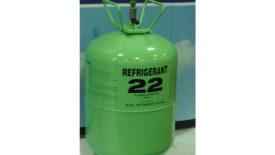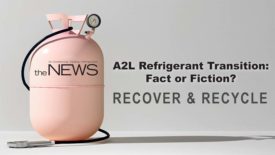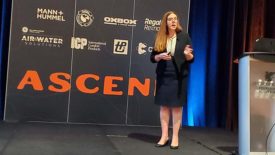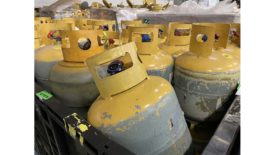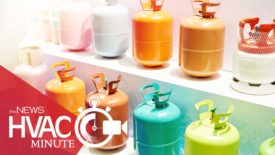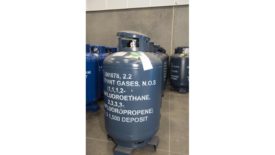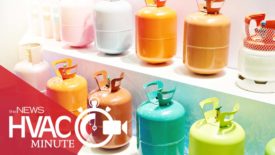Home » Keywords: » refrigerant recovery
Items Tagged with 'refrigerant recovery'
ARTICLES
How Contractors Can Safely Recover and Recycle A2L Refrigerants
A2L Refrigerant Transition: Fact or Fiction? Episode 1
Read More
The Future of Refrigerant Reclamation
Recovery, refining of HFC refrigerants vital for the HVAC industry, distributors told
Read More
Don’t Fall For Fake Recovery Cylinders
Shady cylinder manufacturers are selling non-DOT cylinders to unsuspecting contractors
Read More
HVAC Industry Responds To EPA’s HFC Management Rule
Stakeholders are concerned over issues ranging from training to tracking to reclaim
Read More
Amount of Reclaimed Refrigerant Not Enough to Meet Demand
An HVAC Minute Video Update: December 11, 2023
Read More
Chemours Creates Reclamation Program For F-Gases
The global program aims to advance the safe recovery, reclaim, and reuse of refrigerants
December 2, 2023
HVAC Contractors Recovering Refrigerant Could Make More Cash
An HVAC Minute Video Update: November 27, 2023
Read More
Copyright ©2024. All Rights Reserved BNP Media.
Design, CMS, Hosting & Web Development :: ePublishing



